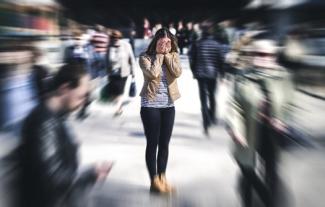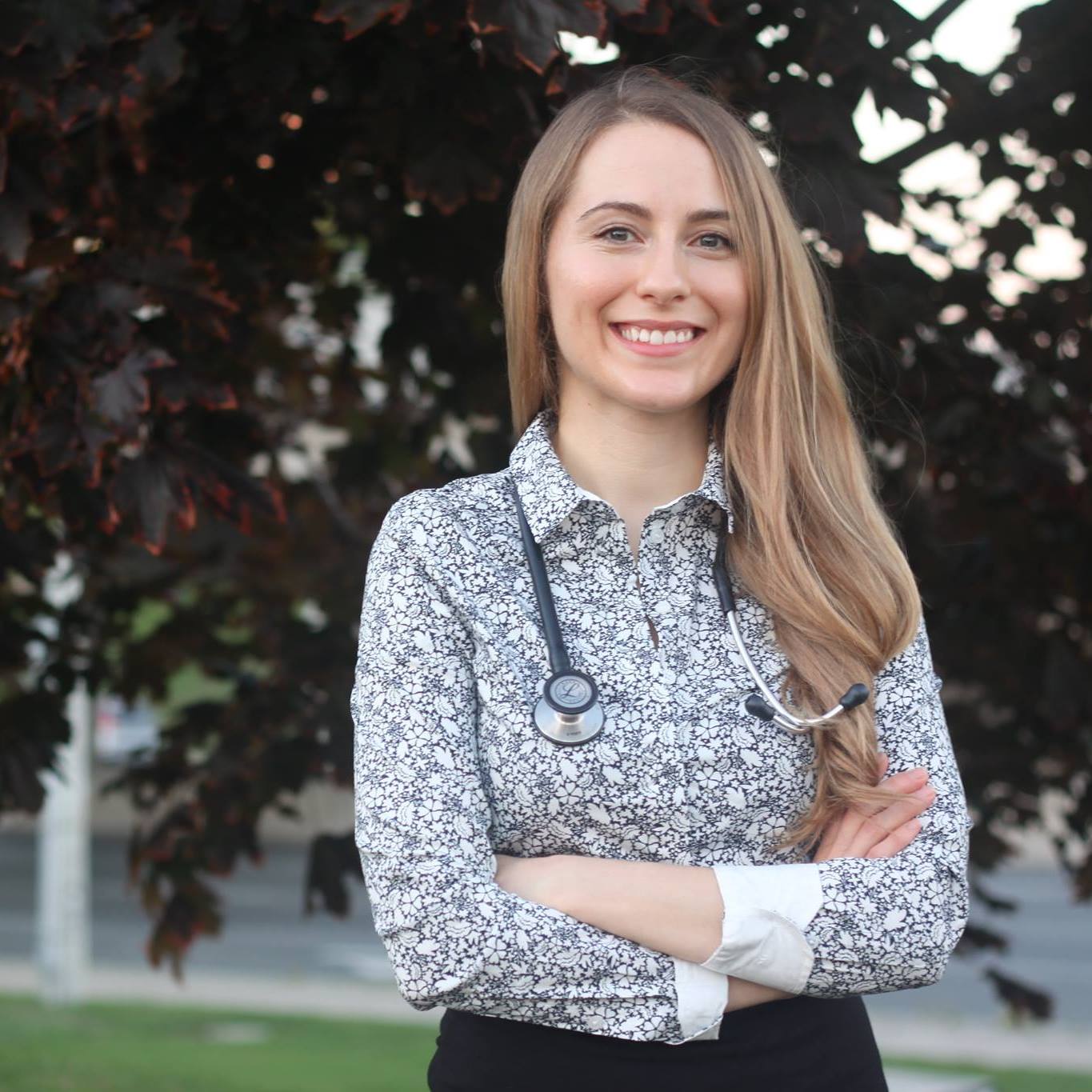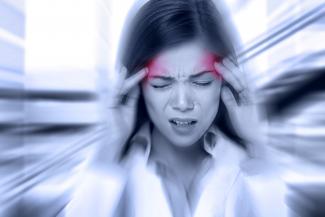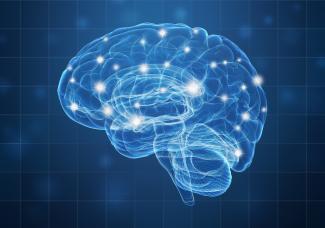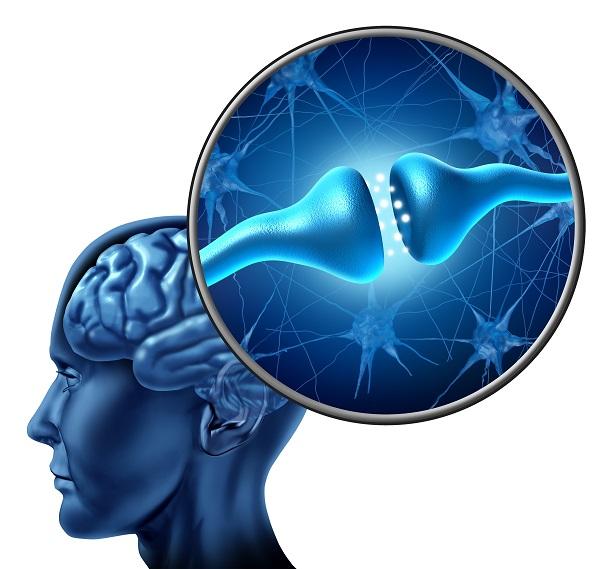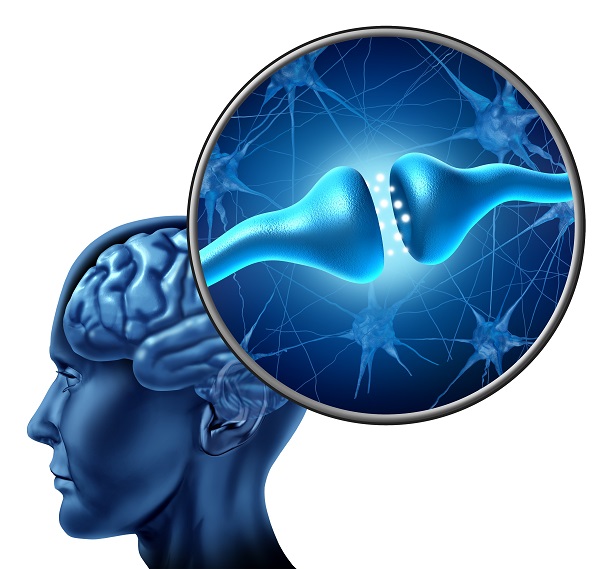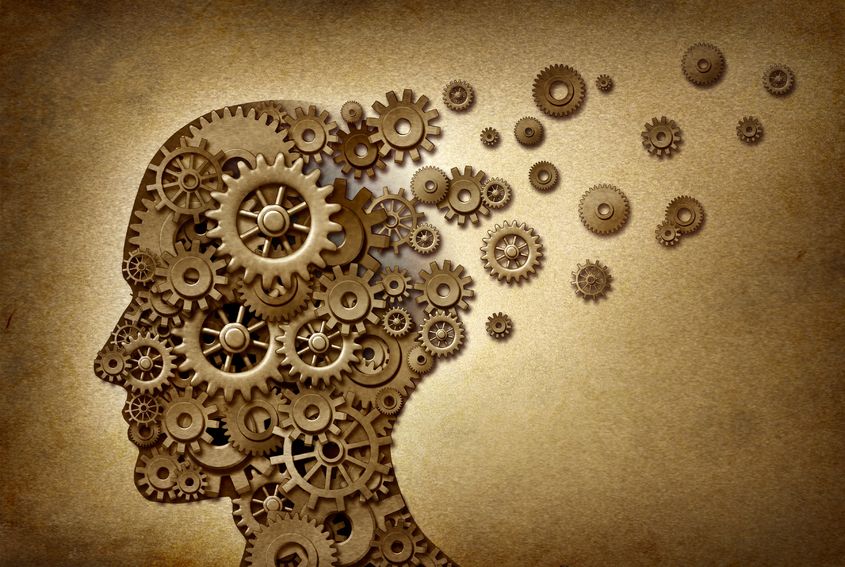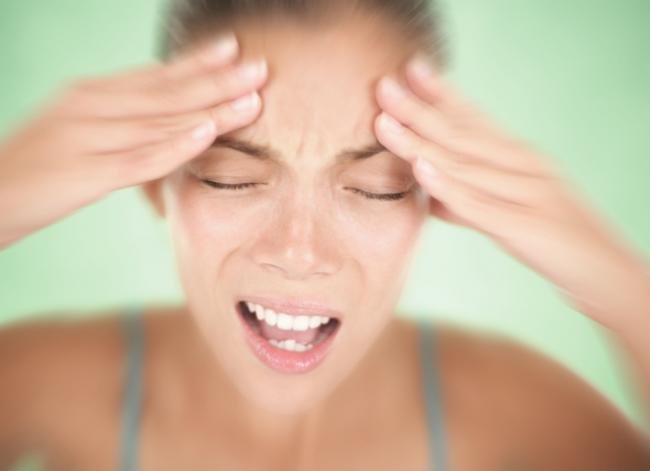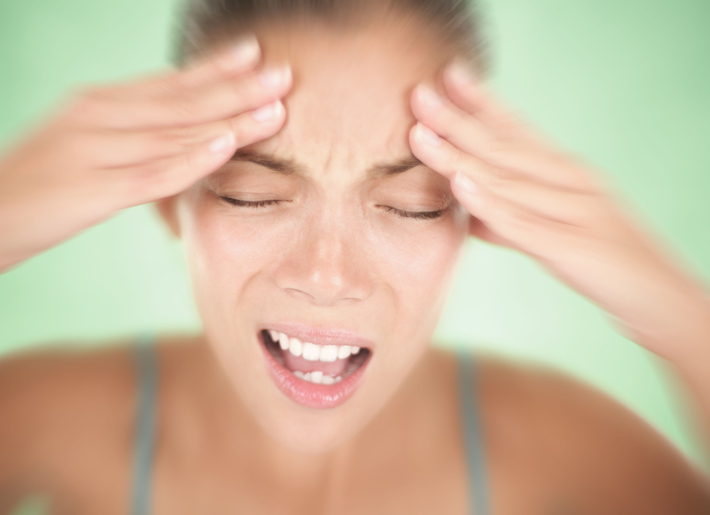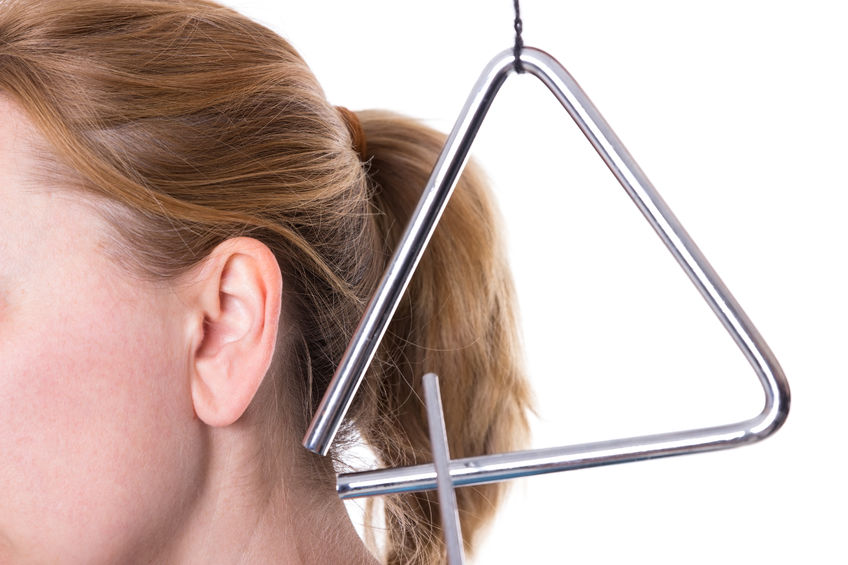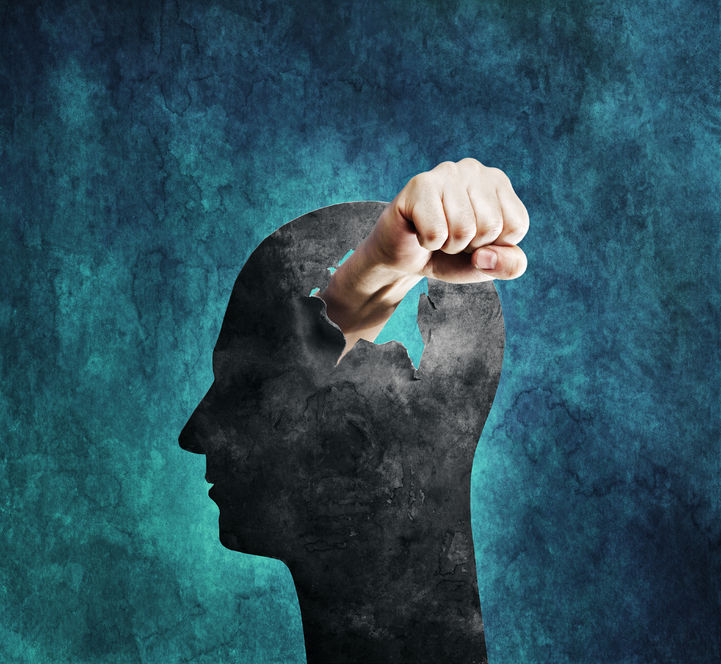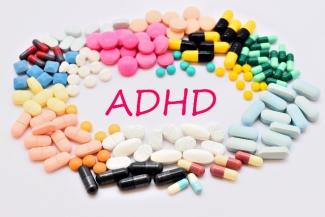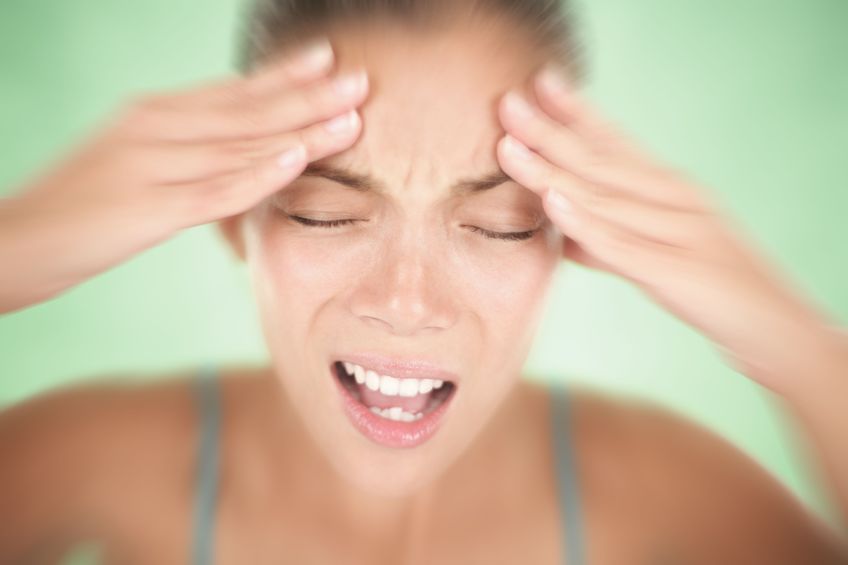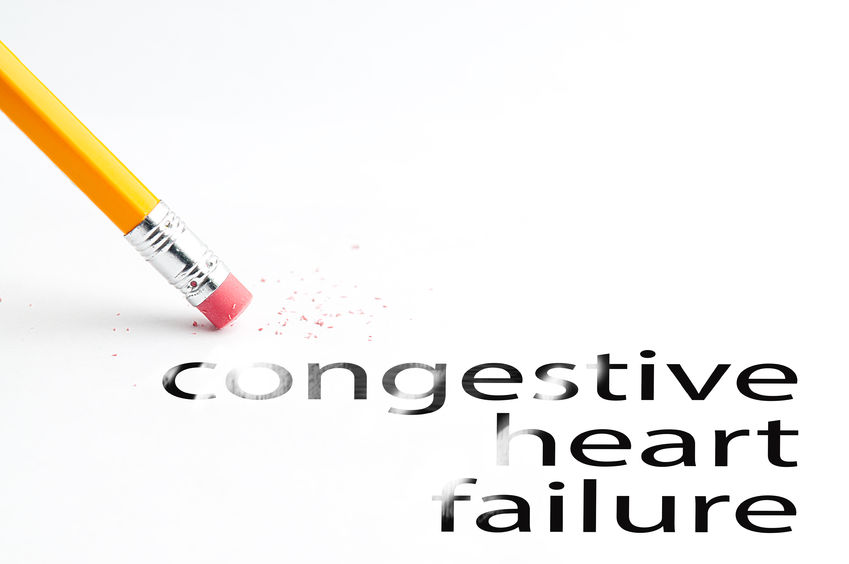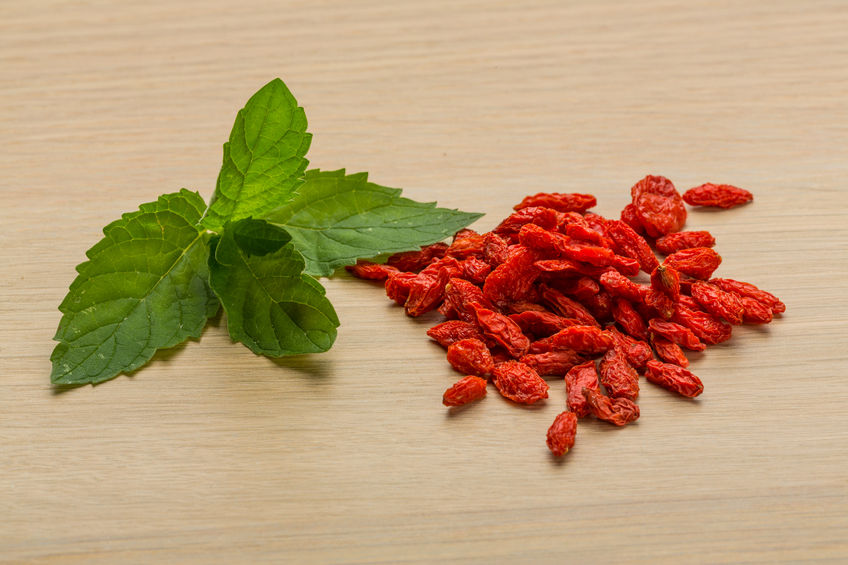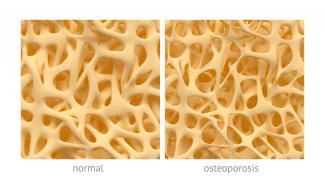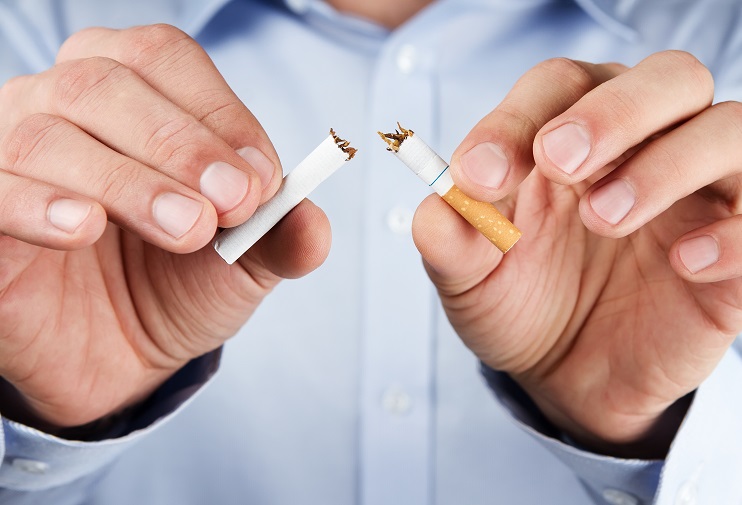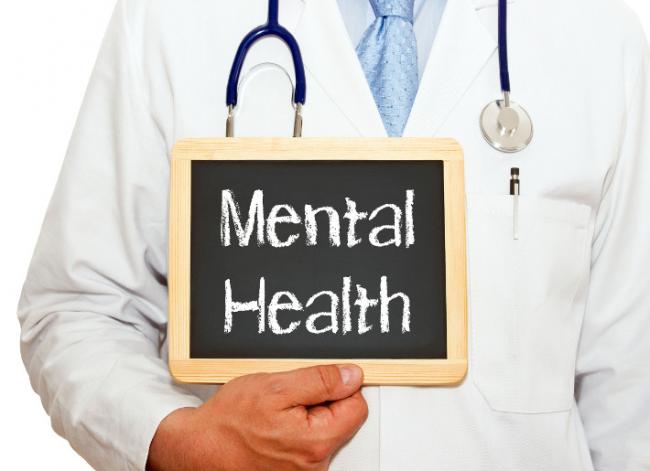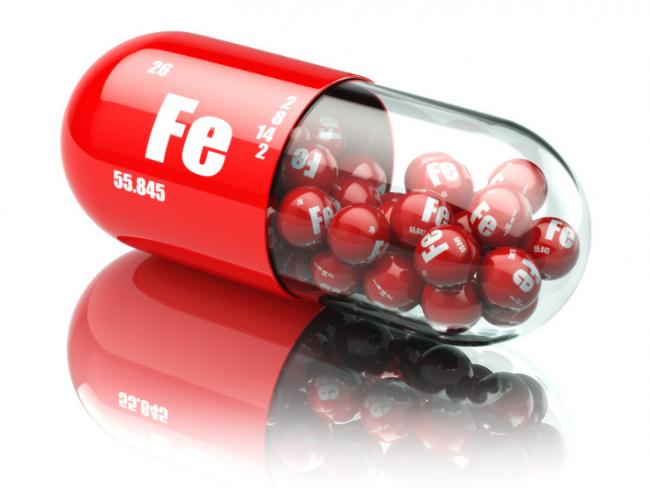Related Articles
- 15 Jun 21
Medium-chain triglycerides, or MCTs, have been popularized in the context of Bulletproof™ coffee or the ketogenic diet. MCTs and the keto diet have been investigated in the management of obesity, insulin resistance, , epilepsy, neurodegenerative conditions, and others.
- 17 Dec 19
Hitting the hay, sawing logs, catching ZZZs— these are terms we use to describe sleep, but what is happening is more like a well-timed orchestra performance. Areas of the brain work in concert; some turn on and some turn off, directed by cues from light and chemical messengers called neurotransmitters. However, recent research suggests that sleep is not a process confined to the brain but that can receive input from the entire body, most prominently through the immune system.
- 12 Feb 20
Mild traumatic brain injuries (mTBIs) and postconcussion syndrome are becoming more of a public health concern. Although termed “mild,” the effects can certainly be debilitating and severe in some cases. The symptoms of postconcussion syndrome include headaches, memory and concentration difficulties, irritability, fatigue, nausea, visual disturbances, light and noise sensitivity, judgement problems, depression, and anxiety.
- 09 Jan 20
There are various supports for headache management such as supplements, acupuncture/body work, and herbal medicine.
Headaches can be divided into different categories, determining treatment type. - 13 Apr 20
How to grow neurons—yes, you read that right!
There is a protein produced and used in our nervous system that helps the neurons grow in our brain, and which helps our brains work better, faster, stronger. In this article, we talk about things we can do to help increase the levels of this protein, and the research behind it. - 08 Jul 20
As the COVID-19 pandemic seemed to shut down the world, grocery stores, or at least what was left on the shelves at grocery stores, became an indicator of where people were at in their experience of the stressful event.
- 17 Aug 16
- 01 Feb 14
With the growing prevalence of cognitive decline, there is a need for sustainable lifestyle interventions to support, maintain, and improve cognitive health. As physical exercise bolsters bodily health, so too is there a need for mental training. The evolution of technology offers new, promising mediums for cognitive training. This medium is the realm of virtual reality, video games, and mobile devices, that allow for the development of individualized training regimes tailored to suit the person’s needs.
- 08 Jun 15
- 09 Jul 15
 W. somnifera, also known as Ashwagandha, is an important herb that has been used for over 3000 years. The important constituents of the root are steroidal alkaloids and steroidal lactones referred to as withanolides. It is used for anxiety, inflammation, Parkinson’s disease, cognitive and neurological disorders, and as a supportive adjunct for people undergoing radiation and chemotherapy.
W. somnifera, also known as Ashwagandha, is an important herb that has been used for over 3000 years. The important constituents of the root are steroidal alkaloids and steroidal lactones referred to as withanolides. It is used for anxiety, inflammation, Parkinson’s disease, cognitive and neurological disorders, and as a supportive adjunct for people undergoing radiation and chemotherapy. - 08 Jan 15
Tinnitus is the medical term used to describe “ringing in the ears.” Tinnitus is defined as the conscious perception of an auditory sensation in the absence of an external stimulus. Tinnitus is a rather common symptom that can be quite persistent and therefore disruptive to daily activities and quality of life. The extent of debility, however, can vary from one person to the next.
- 03 Dec 14
 Concussions are the most common form of traumatic brain injury. Thousands of young people under the age of 19 are treated every year in hospital emergency rooms for concussions related to sports or other leisure activities. Concussions are most commonly caused by blows to the head, including car and bike accidents, or falls. Effects of concussions are usually temporary, but can include bothersome symptoms like headaches, problems concentrating, forgetfulness, and can also impact functions of balance and coordination.
Concussions are the most common form of traumatic brain injury. Thousands of young people under the age of 19 are treated every year in hospital emergency rooms for concussions related to sports or other leisure activities. Concussions are most commonly caused by blows to the head, including car and bike accidents, or falls. Effects of concussions are usually temporary, but can include bothersome symptoms like headaches, problems concentrating, forgetfulness, and can also impact functions of balance and coordination. - 16 Apr 18
Every time I turn around, someone else has published a news article saying that cell phones are rewiring our brains, stealing our creativity, and making us unable to focus and by some measures, even decreasing our intelligence—but are they really?
- 08 Jan 15
 If you have taken an active interest in your own health-care treatment, then you have likely heard about the benefits of meditation and mindfulness. But do you really know why regular meditation is so beneficial? Common self-reported benefits include reduced levels of anxiety, depression and pain; data which have been reinforced through many clinical trials.
If you have taken an active interest in your own health-care treatment, then you have likely heard about the benefits of meditation and mindfulness. But do you really know why regular meditation is so beneficial? Common self-reported benefits include reduced levels of anxiety, depression and pain; data which have been reinforced through many clinical trials. - 08 Jan 15
 Vertigo is the feeling that your surroundings are moving when in reality they are still. Symptoms include feeling off-balance or feeling like the room is spinning. If it’s severe, there may be nausea and vomiting associated with it, and there could be an increased risk of falling. Vertigo can last for a few minutes or even days. Vertigo needs to be differentiated from feeling light-headed, which is usually due to a lack of circulation to the brain or due to low blood pressure. Feeling light-headed can also cause dizziness, but it is treated differently (it is suggested you lie down, that way you help the blood get back to your brain).
Vertigo is the feeling that your surroundings are moving when in reality they are still. Symptoms include feeling off-balance or feeling like the room is spinning. If it’s severe, there may be nausea and vomiting associated with it, and there could be an increased risk of falling. Vertigo can last for a few minutes or even days. Vertigo needs to be differentiated from feeling light-headed, which is usually due to a lack of circulation to the brain or due to low blood pressure. Feeling light-headed can also cause dizziness, but it is treated differently (it is suggested you lie down, that way you help the blood get back to your brain). - 10 Mar 17
- 05 May 14
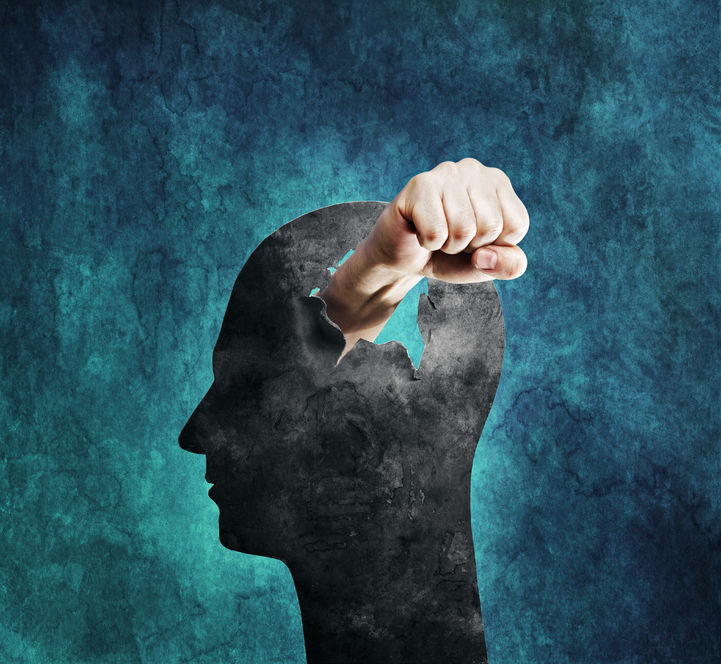 Concussions are extremely common in our society — an estimated 75% of all people will experience one in their lifetime!The majority of people recover completely from concussions within a week or two; yet, for a considerable number of people, the negative effects can last for months and even years. Mood symptoms like anxiety, irritability, and depression coincide with physical symptoms like headaches, fatigue, nausea, and dizziness; added to that are cognitive symptoms like problems with memory, decision making, and concentration difficulties. This constellation of symptoms is known as postconcussion syndrome (PCS).
01 Oct 22
Concussions are extremely common in our society — an estimated 75% of all people will experience one in their lifetime!The majority of people recover completely from concussions within a week or two; yet, for a considerable number of people, the negative effects can last for months and even years. Mood symptoms like anxiety, irritability, and depression coincide with physical symptoms like headaches, fatigue, nausea, and dizziness; added to that are cognitive symptoms like problems with memory, decision making, and concentration difficulties. This constellation of symptoms is known as postconcussion syndrome (PCS).
01 Oct 22Attention deficit hyperactive disorder (ADHD) is a neuropsychiatric disorder characterized by inattention, impulsiveness, and hyperactivity. The condition is commonly treated with stimulant therapy (methylphenidates or amphetamines in various forms). Stimulants tend to increase dopamine activity in the brain, and it is speculated that this may help with ADHD symptoms.
03 Mar 14$path = isset($_GET['q']) ? $_GET['q'] : '
';
$link = url($path, array('absolute' => TRUE));$nid = arg(1);
if ($nid == 201403){
?>download pdf
}
?>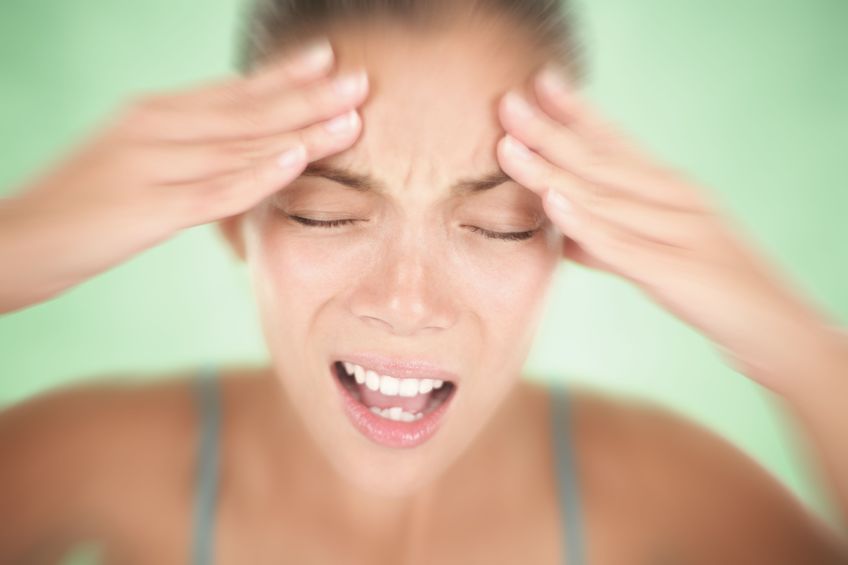 In the last decade, migraine headaches have become a common health complaint. A review in 2013 indicated that anywhere between 16.2% to 22.7% of adults over the age of 18 complained of episodic or chronic migraines. The occurrence was higher in females than in males, and specifically in women of reproductive age. A large amount of data on the rates of migraine occurrence, treatment, predisposing factors, comorbidities, and prevention has been collected and analyzed by the American Migraine Prevalence and Prevention (AMPP) study; this is an ongoing study that is continuing to collect and report such data on migraine epidemiology.
05 May 14
In the last decade, migraine headaches have become a common health complaint. A review in 2013 indicated that anywhere between 16.2% to 22.7% of adults over the age of 18 complained of episodic or chronic migraines. The occurrence was higher in females than in males, and specifically in women of reproductive age. A large amount of data on the rates of migraine occurrence, treatment, predisposing factors, comorbidities, and prevention has been collected and analyzed by the American Migraine Prevalence and Prevention (AMPP) study; this is an ongoing study that is continuing to collect and report such data on migraine epidemiology.
05 May 14 Alzheimer’s disease is a progressive brain disease that slowly eats away at memories and causes problems with thinking. As the degeneration progresses, it can lead to the inability to complete even simple tasks. Symptoms typically will begin to appear after the age of 60. Alzheimer’s is considered the most common cause of dementia, which means loss of cognitive functioning and the loss of some behavioural functioning.
Alzheimer’s disease is a progressive brain disease that slowly eats away at memories and causes problems with thinking. As the degeneration progresses, it can lead to the inability to complete even simple tasks. Symptoms typically will begin to appear after the age of 60. Alzheimer’s is considered the most common cause of dementia, which means loss of cognitive functioning and the loss of some behavioural functioning.
Newsletter
Most Popular
- 17 Jun 13
- 17 Jun 13
- 17 Jun 13
- 01 Jul 13
- 17 Jun 13
- 17 Jun 13
- 17 Jun 13
- 01 Jul 13
- 17 Jun 13
- 17 Jun 13
- 17 Jun 13
- 01 Jul 13


